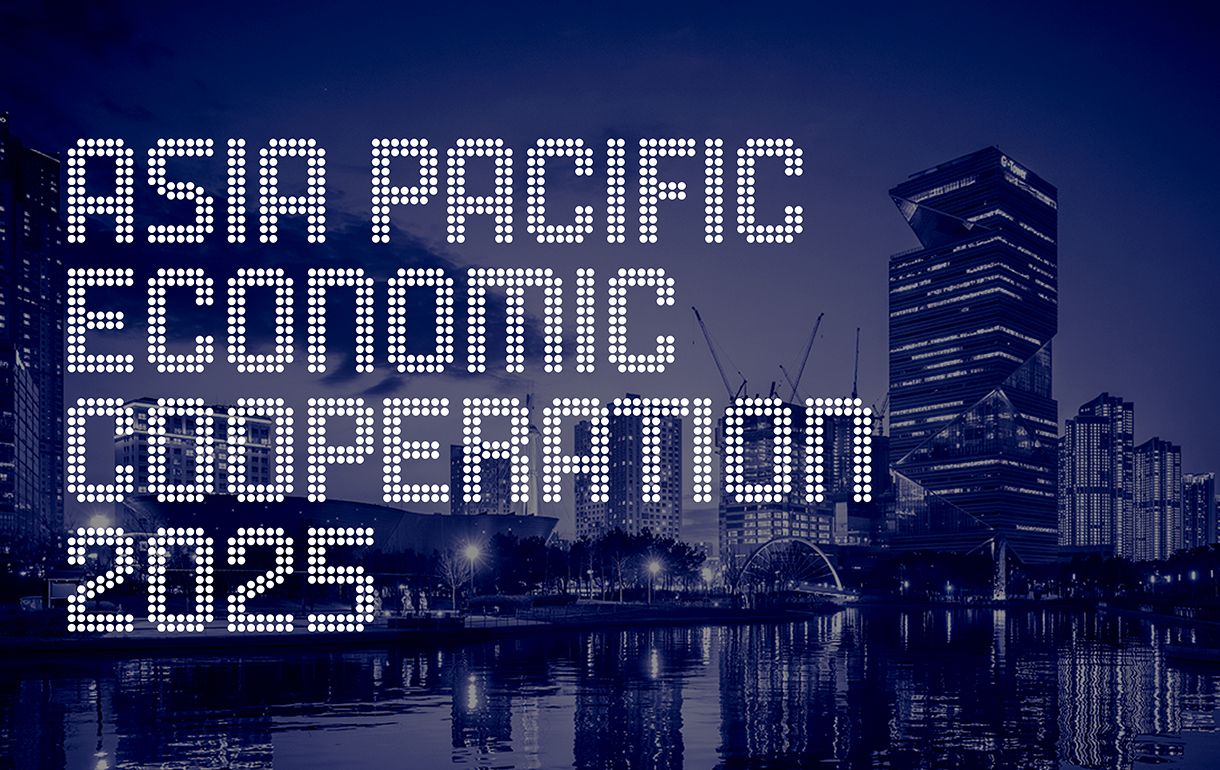- Date 2025-07-07
- Hit 6
Asia Pacific Economic Cooperation 2025
Incheon’s New Leap forward: ‘Connection, Innovation, and Prosperity’
In 2025, the Asia-Pacific Economic Cooperation (APEC) Summit will be held in Korea. This will mark the country’s second time hosting the event (previously held in 2005). I feel that everything looks different somehow when I think about the remarkable economic growth the country has achieved over the past two decades.

Written by Kim Dong-won
Professor of Department of Public Administration, Incheon National University




In July and October, Songdo and Yeongjong in Incheon will host the third Senior Officials’ Meeting (SOM3) of APEC, along with six ministerial meetings on topics such as digital economy, women’s economic empowerment, and food security. This is a major international event that will bring together more than 5,000 delegates from various countries for around 200 scheduled meetings. Incheon is more than just a host city; it serves as a representative example of implementing APEC’s three visions—Connection, Innovation, and Prosperity—through its urban policies.
Above all, from a historical perspective, Incheon is known as a city of “connectivity.” Dating back to when Jemulpo Port opened, marking Korea’s first gateway to modernization, Incheon has established connections with 178 cities in 54 countries via Incheon International Airport and the city’s ports. Songdo, home to 15 international organizations and multinational corporations, boasts enhanced connectivity with the global Korean diaspora following the establishment of the Overseas Koreans Office. As such, Incheon serves as a key gateway to Asia, fully equipped with physical, diplomatic, and digital infrastructure.
“Innovation” is another key aspect of Incheon’s identity. The pioneering spirit that transformed the sea into urban land many years ago is carried forward through smart city strategies today, leading to advances in digital transformation, such as traffic-prediction systems, public chatbots, and smart logistics networks. At CES 2025, 12 Incheon-based startups won innovation awards in AI and digital health, drawing worldwide attention. More than just adopting technology, Incheon serves as a laboratory for innovation that integrates technology into citizens’ daily lives.
“Prosperity,” as one of APEC’s visions, represents the area where Incheon has realized concrete advancements. One representative case is the “i-Plus Dream Series,” a policy addressing low birthrates by combining housing, transportation, and childcare, which has successfully driven the only birthrate rebound in the country. It is not just a welfare policy but a strategic response to demographic changes. Moreover, Incheon is taking a leading role in addressing carbon neutrality and energy transition, building a sustainable urban foundation for future generations.
Such trends align perfectly with APEC’s core agendas for this year: “Artificial Intelligence (AI) Cooperation” and “Responding to Demographic Changes in the Asia-Pacific Region.” Technology and demographic problems have become immediate priorities critical to urban survival, rather than mid- to long-term national agendas. In particular, digital transformation, along with low birthrates and population aging, are structural challenges faced by the Asia-Pacific region, and the search for solutions inevitably must begin in cities at the forefront of governance.
At this very point, Incheon goes beyond merely hosting discussions, offering tangible policy trials and implementation experience that provide solutions to these key agendas. Incheon’s achievements in integrating AI technology into public services through its smart city strategy, along with its demographic response model focused on the “i-Plus Dream Series,” correspond directly to APEC’s shared vision for the future. In short, Incheon is a city that turns APEC’s core agendas from mere declarations into actions.
In conclusion, Incheon has fulfilled APEC’s core themes—Connection, Innovation, and Prosperity—while offering tangible answers to key agendas, including AI and demographic challenges. Incheon’s case offers valuable insights for APEC, as it turns abstract slogans into practical, actionable urban strategies. In 2025, Incheon is set to go beyond the role of a single city and emerge as a platform guiding the future vision of the Asia-Pacific.
As stated above, Incheon’s promising contributions are also expected to lead to tangible economic returns. Incheon’s economic benefits from the upcoming APEC event are expected to generate around KRW 40.9 billion. In addition to the direct impact on the local economy from tourism, accommodation, and conferences, long-term benefits like enhanced city brand value are expected. Drawing from its experience in successfully hosting major international conferences, such as the ADB Annual Meeting and the OECD World Forum, Incheon is thoroughly gearing up for the forthcoming APEC meeting.
Again, if there is a city capable of addressing the challenges set by APEC, it is none other than Incheon. As a city connecting the world, innovating the future, and delivering prosperity for the next generation, Incheon is set to make its next great leap forward.

Most Viewed
-
Asia Pacific Economic Cooperation 2025 Incheon’s New Leap forward: ‘Connection, Innovation, and Prosperity’ In 2025, the Asia-Pacific Economic Cooperation (APEC) Summit will be held in Korea. This will mark the country’s second time hosting the event (previously held in 2005). I feel that everything looks different somehow when I think about the remarkable economic growth the country has achieved over the past two decades.
-
Shaping Sustainable Governance and Policy in the Era of AI A better life begins with good governance. A society achieves sustainability when citizens’ voices are incorporated into policymaking and public services operate in a transparent and fair manner. Established to support the enhancement of public-administration capacities worldwide, UNPOG presents a new governance model that encompasses people, institutions, and digital capabilities.